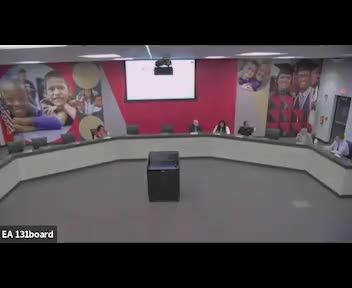Article not found
This article is no longer available. But don't worry—we've gathered other articles that discuss the same topic.
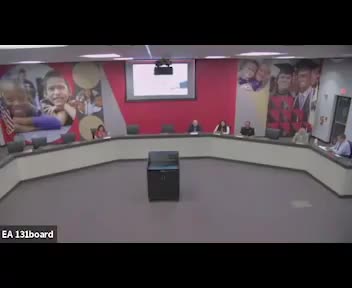
District reports 11,755 enrolled, 93.54% attendance; registration queue nearly cleared
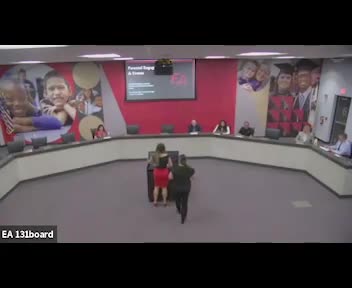
District outlines 2025-26 parent engagement events and advisory groups
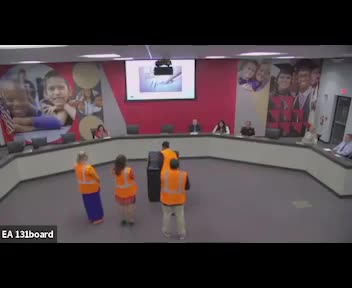
District proposes expanding Mutual Ground 'Aaron's Law' training to fifth grade
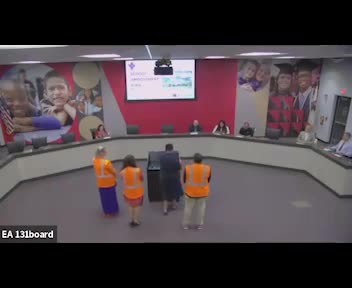
Calhert Middle School describes literacy, numeracy and belonging initiatives
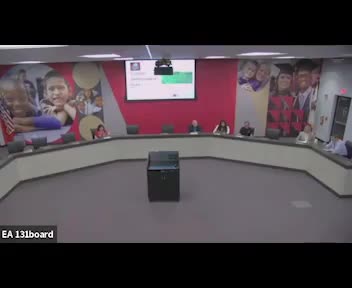
Waldo School outlines goals to raise proficiency, reduce chronic absenteeism
